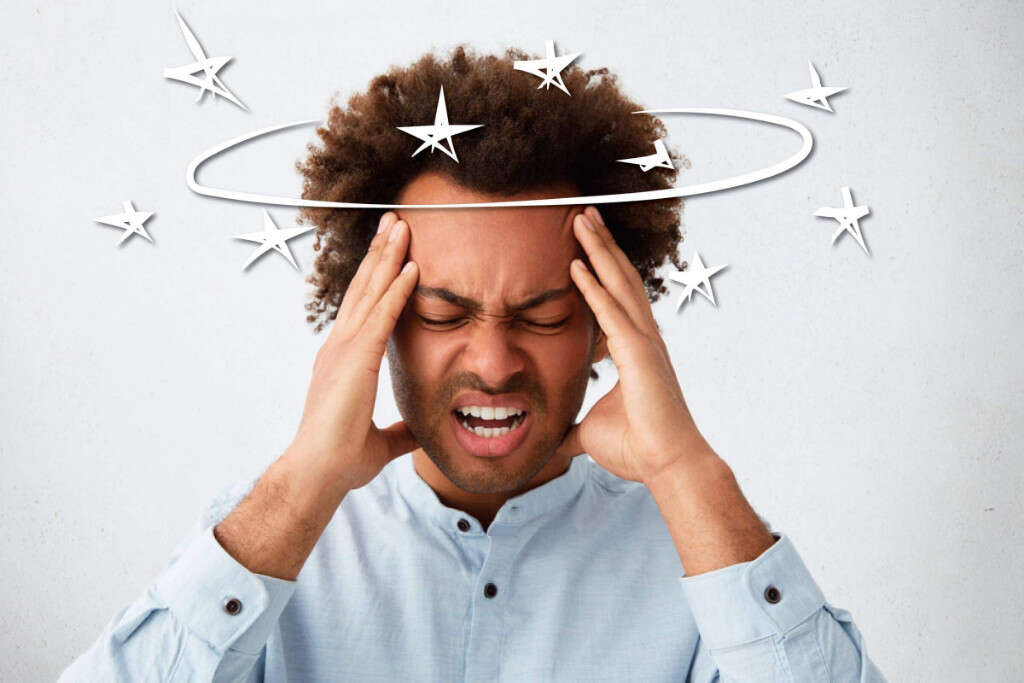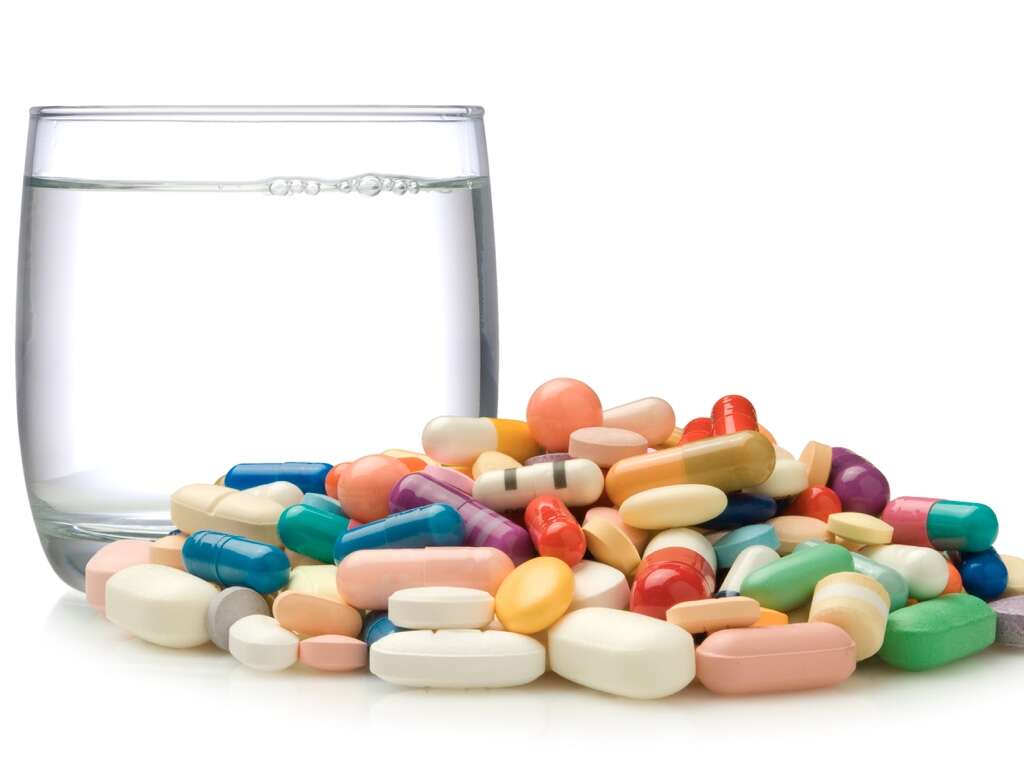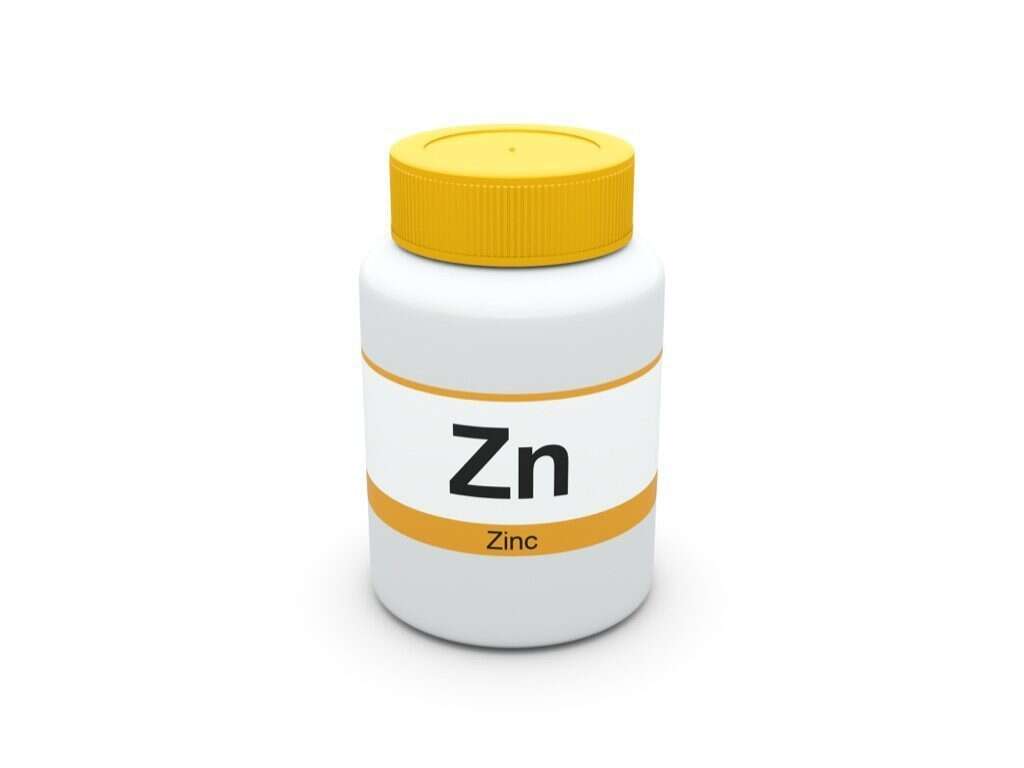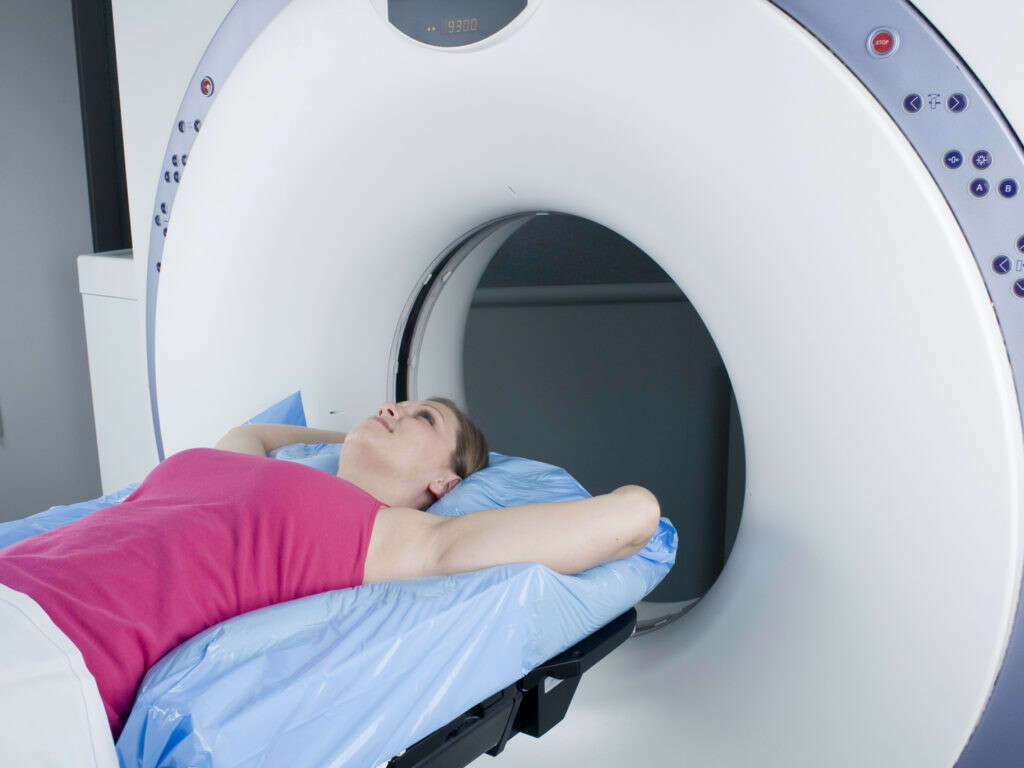10 Side Effects of Statins
Too much cholesterol in the body can be very bad for us. When found in high concentrations in the blood, it can contribute to heart disease and a range of other potentially dangerous complications. It is advised to eat a healthy diet and exercise as much as possible to keep cholesterol levels down, but this is not easy for a lot of people.
Statins are a type of drug that help to reduce cholesterol levels in patients. They are effective, potentially saving lives, but they are not without their drawbacks. Numerous side effects are associated with statins and these side effects can often deter patients from using the drug. The side effects can range from being mild to severe, and here’s a look at some of the most common.
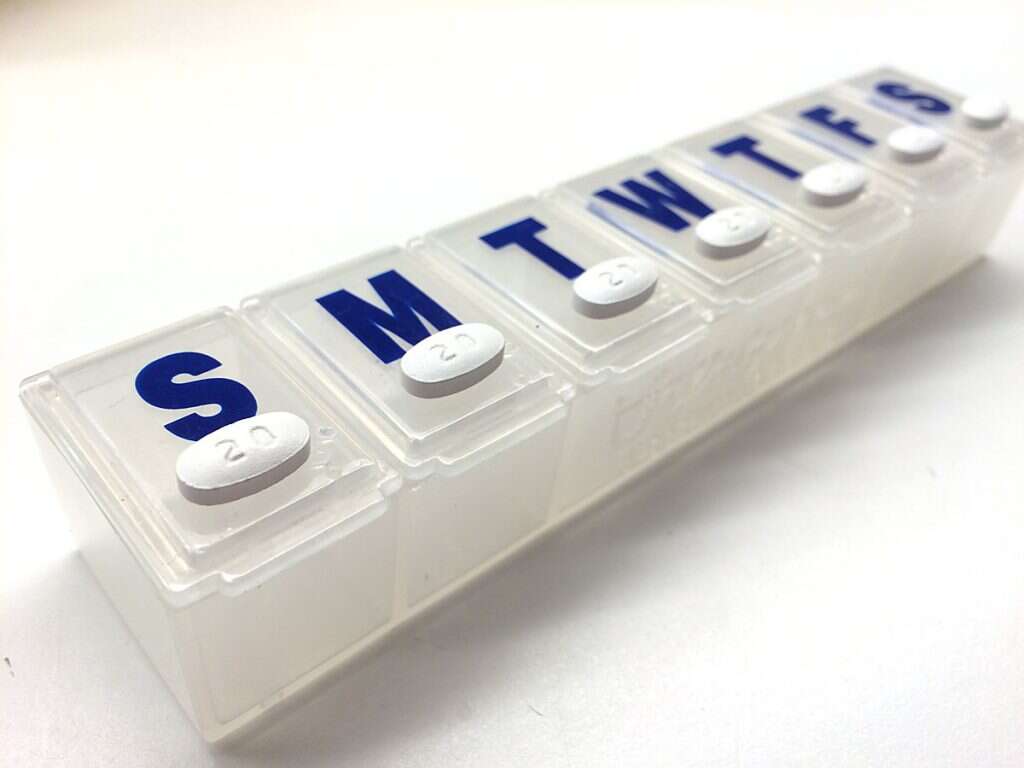
Statins Side Effect #1: Muscle Pain
It’s not uncommon for us to feel aches and pains in our muscles. Quite often, it is a case of our muscles being overworked or just having been in the same position for too long. It can also be caused by illnesses as a result of our immune system releasing chemicals into our bodies to defeat pathogens.
Muscle pain is also a very common symptom among people that have taken statins. The level of pain is often uncomfortable but bearable, but it can be excruciating for some people. Muscle pain is one of the most common contributors behind patients stopping using the drug.

Statins Side Effect #2: Nose Bleeds
Our nostrils are lined internally by a very thin membrane. Blood vessels are found just beneath the surface of this thin membrane and it is easy for a break or tear to allow blood to flow out. This means that nosebleeds are fairly common and not usually something to worry about.
The effect that statins have on the blood can lead to nosebleeds occurring. These are a common side effect of taking the drug and are not necessarily harmful in themselves so there is no need to be alarmed. If the nosebleeds are too frequent and too heavy, you should consider arranging to speak with your doctor.

Statins Side Effect #3: Blocked and Runny Nose
A runny and blocked nose is usually a sign of an illness such as a cold, or perhaps that you are experiencing a reaction to an allergen. The symptoms will pass once the cause has been removed, although they can also be the result of some unexpected causes.
Patients taking statins will sometimes experience a blocked and runny nose as the interior lining of the nostrils become inflamed and irritated. Although uncomfortable, these symptoms are not harmful to the patient, although they might sometimes cause the patient to reconsider taking the medicine. You should arrange to speak with your doctor if the symptoms are too severe.

Statins Side Effect #4: Feeling Unwell
At any one time, we are at risk from pathogens that could potentially make us feel unwell if they were able to. Thankfully, though, we have strong defenses that protect us 24/7 from anything that might harm us. If our defenses do become overwhelmed and need help, we also have medicines that can help them win the battle.
Sometimes, though, the medicines that are helping us can also make us feel ill. Patients taking statins will often complain that they are feeling unwell and that they feel nauseous. In some cases, the patient might even vomit. You should arrange to speak with your doctor if the symptoms are too severe.

Statins Side Effect #5: Sore Throat
Our throats are lined with a soft tissue that can become irritated relatively quickly. This can lead to a sore throat that can be painful and make it difficult for us to swallow, sometimes making eating a problem for the patient. It is a symptom of a wide range of causes and is commonly experienced by people that are taking statins.
Although a sore throat caused by statins can be uncomfortable, the symptoms can be relieved using various remedies. If you are looking to remedy the symptoms of a sore throat you should make sure you are using remedies that are compatible with other drugs or remedies you are using.

Statins Side Effect #6: Headache
For many people, headaches are just a part of life. They can arrive for no apparent reason and they can be very difficult to treat. Sometimes we just have to grin and bear them. There are some triggers that can cause a headache and frequent sufferers will know to avoid these triggers whenever they can. Avoiding such triggers is often far from easy, though.
Headaches are a fairly common symptom experienced by people taking statins. While usually bearable, they can be agonizing in some cases and the patient might feel as though they should stop using the drug. Regardless of the suspected cause, severe headaches can be a sign of something serious so you should arrange to speak with a doctor should symptoms persist.

Statins Side Effect #7: Digestion Problems
Some of us might think of our stomachs as cast iron and able to handle whatever we put in there, but they are actually quite sensitive. Even for people that are able to eat a wide range of foods, including spicy meals with no problem, there is still a lot that can go wrong. Sometimes, it can be a change in the blood that can lead to experiencing indigestion problems.
Patients that are using statins will sometimes experience indigestion problems. This can include problems such as indigestion, diarrhea, flatulence and constipation. Changing your diet may help and certain remedies might also be able to relieve symptoms.
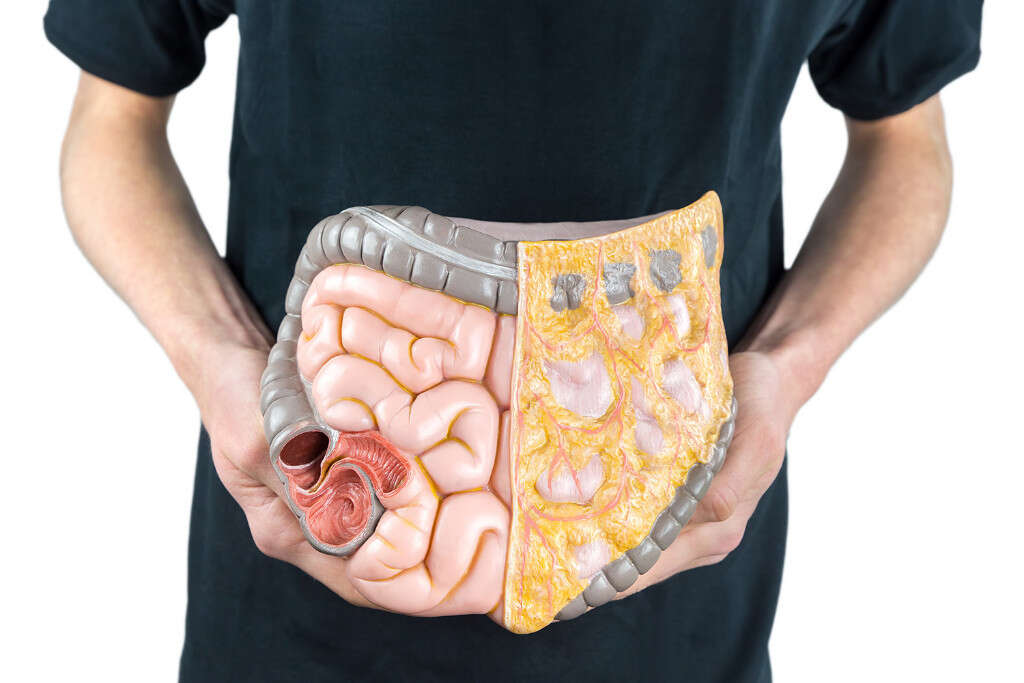
Statins Side Effect #8: Hyperglycemia
Our blood contains numerous substances that help to feed our bodies with what they need to operate effectively. The contents of the blood need to be balanced so that everything can operate, though, and these balances are achieved by various organs within the body. If these balances are affected, then problems can occur.
Statins are known to cause hyperglycemia, which is too much sugar in the blood. Over time, this can lead to type II diabetes and eventually further symptoms including blurred vision, fatigue, weight loss and numbness. Hyperglycemia can be dangerous so you should arrange to speak with your doctor should you experience these symptoms regardless of the suspected cause.

Statins Side Effect #9: Peripheral Neuropathy
Running throughout our bodies is a system of nerves that enable us to touch and feel, giving us essential information about the world around us. These nerves are particularly useful in the hands as they enable us to feel objects and also warn us of dangers such as extreme temperatures.
If these nerves become damaged or impeded in any way then it can affect our ability to feel. It is a condition known as peripheral neuropathy and will cause the hands and feet to become numb and experience sensations such as tingling or pain. Peripheral neuropathy can be a sign of something serious so you should arrange to see a doctor if you are experiencing these symptoms.
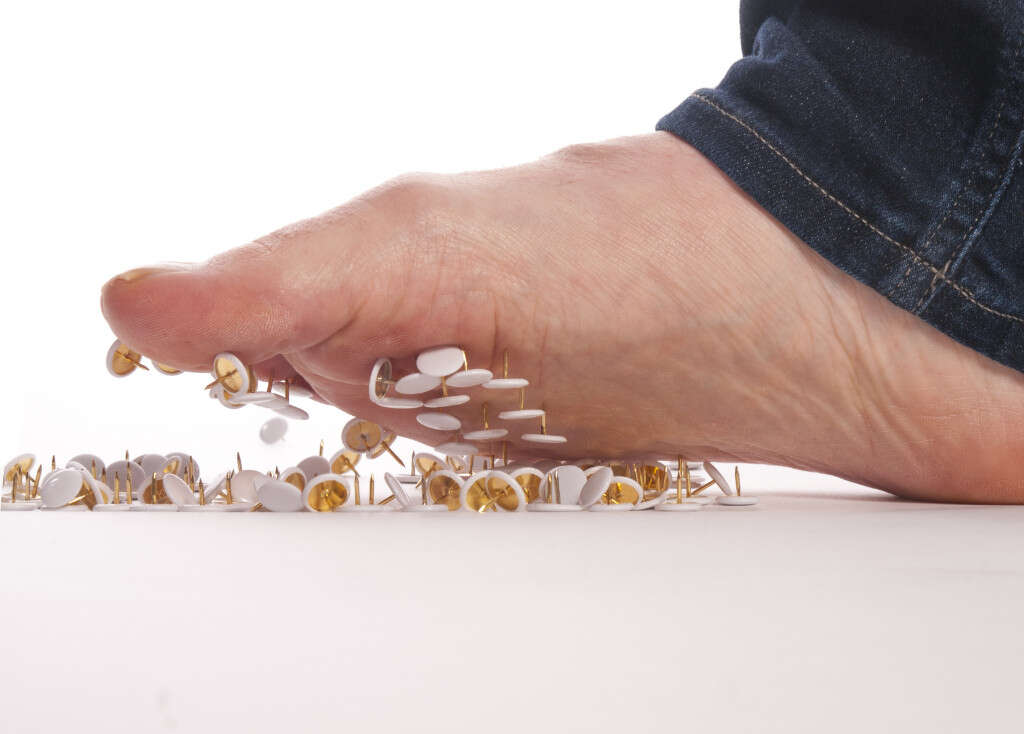
Statins Side Effect #10: Dizziness
Dizziness can be brought on by a number of causes. It could be down to an illness or it might simply have been brought on by quick movements or visual effects. When you do experience it, it is usually best to sit down and wait until the episode hopefully passes.
Dizziness is a symptom that is sometimes experienced by people that are taking statins. It can also lead to blurred vision and a ringing sensation in the ears. If you are experiencing such symptoms then you should avoid activities such as driving or operating heavy machinery for your safety and that of others.
